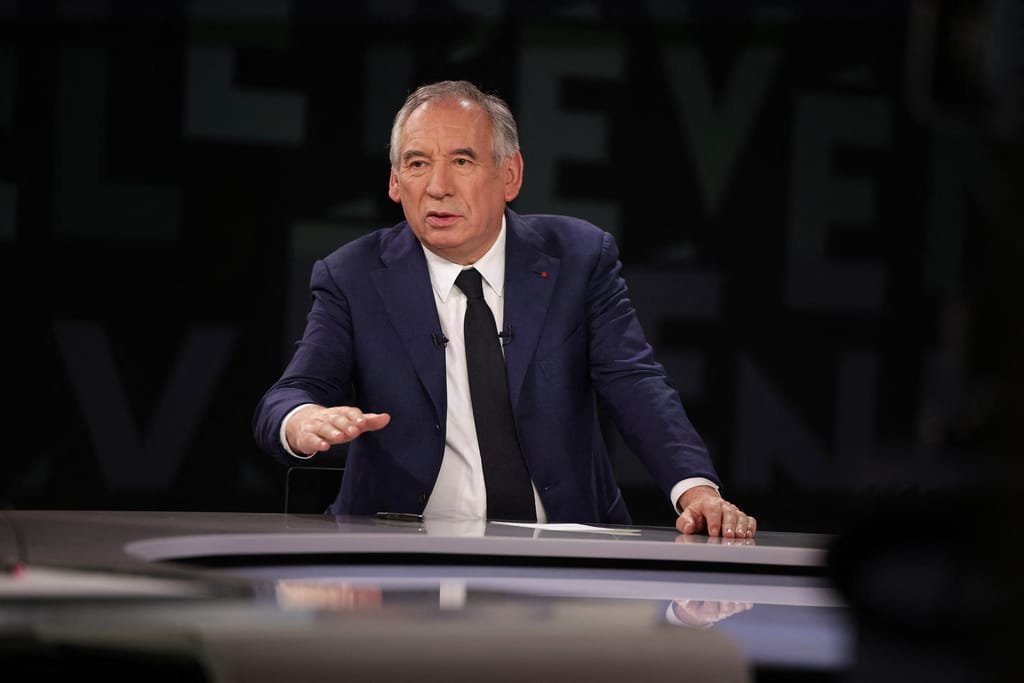But finance ministry officials insist it’s just a time-saving move, not an endorsement of Michel Barnier’s plans.

PARIS — How can a new government get a budget ready under the tightest of time pressure?
By picking up where their predecessors left off, even if it got them kicked out of office.
That is at least what French Prime Minister François Bayrou plans on doing — using Michel Barnier’s blueprint as a starting point for his own budget, despite the fact that opposition lawmakers ousted him over proposals to cut spending and increase taxes.
However, multiple finance ministry officials who were granted anonymity to discuss sensitive internal matters said the move should be seen as a time-saving measure rather than an endorsement of the Barnier budget.
Starting from scratch would involve a series of legal formalities, which would significantly delay the adoption of the new budget that Bayrou, appointed just last month, said he wants to get passed by mid-February.
« The decision has not yet been made, but the probability is very high, » Economy Minister Eric Lombard’s office said when asked about the proposal.

After Barnier and his government fell to a no-confidence vote last month over his plans to reduce France’s « colossal debt » through €40 billion in spending cuts and €20 billion in tax hikes, the country entered the new year without a proper budget for the first time in its modern history.
Lawmakers did, however, pass a stopgap budget to stave off a United States-style shutdown, effectively carrying over the 2024 budget into 2025. However, that measure has significant shortcomings — including the lack of tax bracket adjustments for inflation, which could lead to hundreds of thousands of households paying higher taxes.
French President Emmanuel Macron said in his New Year’s address he hopes that France’s fractured legislature can reach a minimal consensus on « a few basic matters » to pass a budget. He also acknowledged that his decision to call a snap election last summer had brought « more instability than serenity. »
However, a path forward remains elusive.
Bayrou lacks majority support in parliament and remains vulnerable to being ousted if opposition parties join forces against him like they did with Barnier.
For the government to survive the winter, Lombard and his deputy in charge of the budget, Amélie de Montchalin, have reached out to opposition parties to explore avenues for compromise — or at least secure an agreement to avoid bringing down both the government and the budget in exchange for concessions.
The pair will look to meet with all parties represented in parliament before Jan. 14, when Bayrou delivers his first policy speech before parliament.
However, by rolling over Barnier’s old budget, lawmakers will be limited to amending the current legislation rather than introducing entire new articles, thus limiting room for negotiations.
« They can tweak [the budget], but they can’t change it in depth … I don’t really see how they’re going to put forward [legislation] less likely to lead to a vote of no confidence, » the left-wing head of the parliament’s finance committee Eric Coquerel told POLITICO.
There are also concerns that the government may not be able to enact Barnier’s planned one-off windfall tax on big companies and wealthy individuals, as it would mean enacting a law in 2025 to tax revenue generated in 2024. The former premier had touted the move as a way to help reduce the budget deficit without placing too big a burden on majority of French taxpayers.



